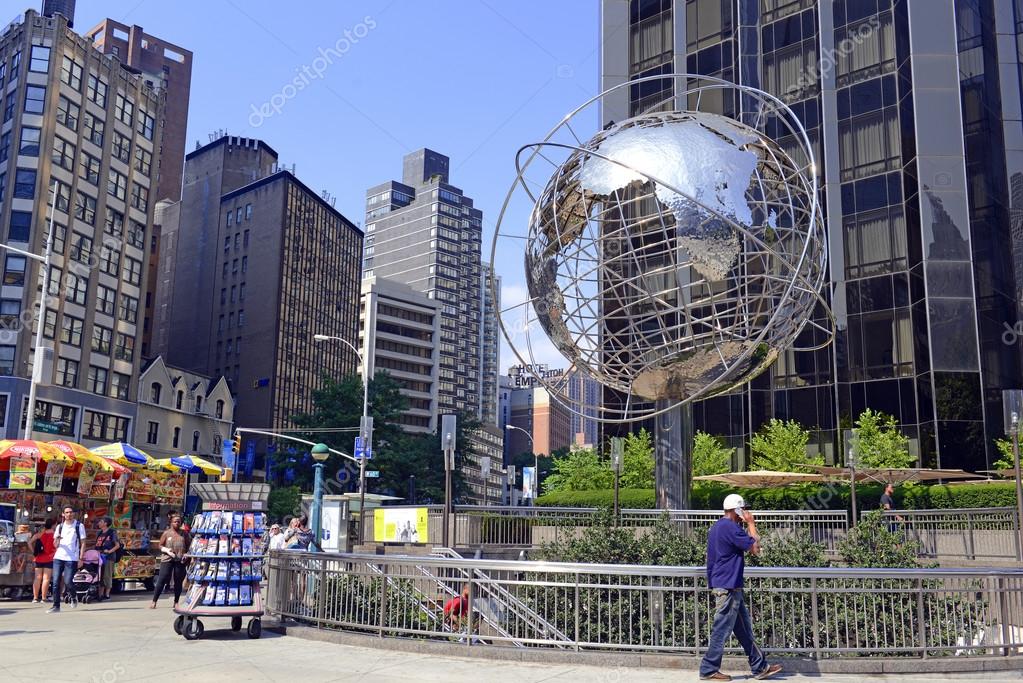Dispersing control?
From The Right to the City, it is known that surplus capital availability and induced urbanism fed off the capital availability has been the source of urbanism in the past two centuries. Examples show urbanization is possible only with capital. This capital should be in billions. Only an institution with higher capacity can fund these projects. The system has been working for the past two centuries. Whenever these systems face struggle, other financial institutions or programs are created to assist and ease pressure on the capital. This clearly states that capital needs to be protected in any case to feed the society and urbanism.
In a capitalist society like the United States, is it possible to disperse power and control of these urban spaces to the public? Without Capital how will these underrepresented people be able to voice out their suggestions and opinions. Good or bad the control and power in such societies will belong to one who has the capital to invest.
It is because of this system revolving around the capital, public spaces are becoming more and more private and available to a selected group of people. There can be mandated laws that say a particular portion of the property should be public and be available to everyone. In my opinion this goes against capitalist ideology and touches the verge of socialism. It will break the ideology with which this country is built upon. Arguably, it makes me think that dispersing power to underrepresented groups will result in failure of this system. I am not saying this is right or wrong. I just can’t see this working in a capitalist society.



Comments
Post a Comment